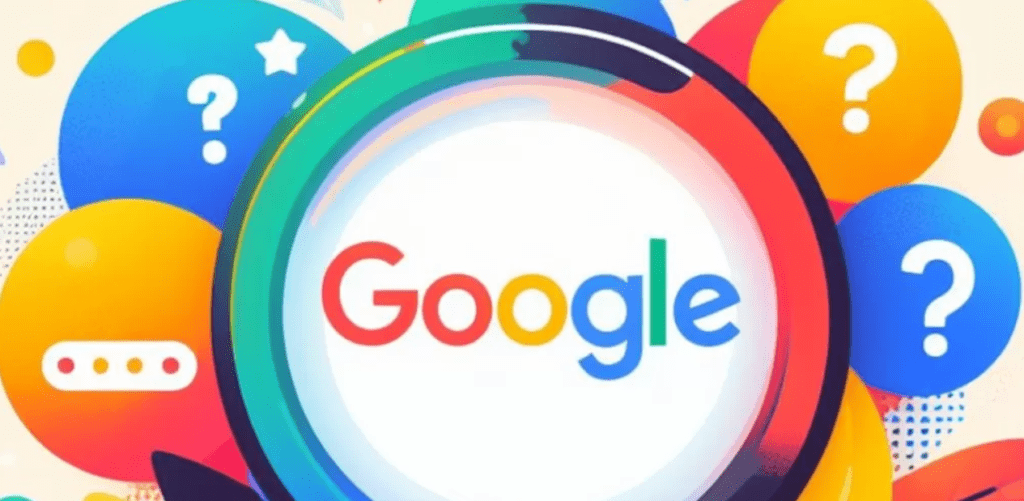Google is moving away from its continuous scrolling feature on the search results page and is reverting to the traditional pagination design.
Initially, infinite scrolling was introduced for mobile search in October 2021 and later for desktop in December 2022. However, starting this week, Google will return to the classic pagination format on desktop browsers.
According to Search Engine Land, a Google spokesperson confirmed that this change will also be implemented for mobile browsers in the coming months.
As of Thursday, desktop browsers already display a pagination bar that allows users to navigate through numbered pages of search results or use the “Next” and “Back” buttons.
This feature is not yet available for mobile browsing.
The Google spokesperson mentioned that a “More results” button will appear at the bottom of a mobile search page to load the next set of results.
Google stated that this shift aims to deliver search results more efficiently, “instead of automatically loading results that users haven’t explicitly requested.”
The company found that continuous scrolling did not lead to “significantly higher” user satisfaction.
Market Dominance
Since its inception in 1997, Google has maintained a dominant position in the global search engine market, holding a 91.6 percent market share as of October last year.
The remaining market share is split among smaller players like Bing, Yandex, and Yahoo.
In Kenya, Google accounted for over 98 percent of all search traffic in 2023, according to Statcounter.
Despite Google’s reliance on an artificial intelligence (AI) algorithm, the rise of AI chatbots such as ChatGPT poses a challenge due to the perceived inaccuracy and the presence of numerous advertisements in search results.
Rumors suggest that OpenAI, the Microsoft-backed AI company behind ChatGPT, is developing a feature for the chatbot that searches the web and cites sources in its results.
Bloomberg reported in May that the feature would “allow users to ask ChatGPT a question and receive answers that use details from the web with citations to sources such as Wikipedia entries and blog posts.”
“One version of the product also uses images alongside written responses to questions, when they’re relevant.
If a user asked ChatGPT how to change a doorknob, for instance, the results might include a diagram to illustrate the task,” the publication added.
The Verge has reported that OpenAI is also attempting to recruit Google employees for the team working on this new product.
US Urges Kenyan President For Peace Amid Finance Bill Protests.

